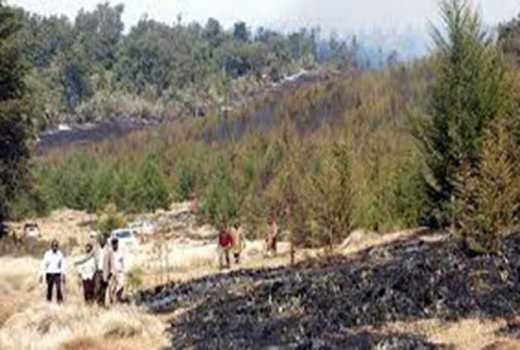×
The Standard e-Paper
Fearless, Trusted News

One of the more common excuses given by politicians to convince us to vote for “our own” is that if “our” Big Man is in power, then we “his” people stand to benefit.
Our children will get jobs in the government; and resources—stolen or legitimate—will trickle down to the villages as mansions and castles are constructed. Indeed the middle classes of “our people” benefit, often hired in top jobs without proper qualifications.